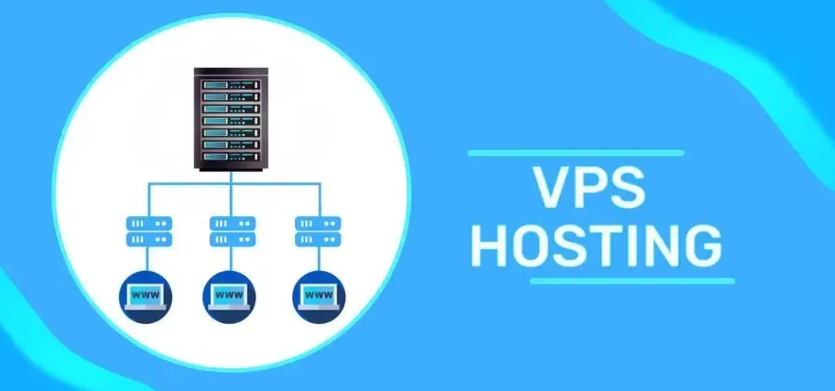Selecting the right Virtual Private Server (VPS) is a critical decision for businesses and individuals alike. With a plethora of options available in the market, finding the best VPS server for your specific needs can seem like a daunting task. However, with careful consideration of your requirements and thorough research, you can make an informed decision that aligns with your goals and budget.
1. Define Your Requirements
Before diving into the sea of VPS options, take the time to define your requirements. Consider factors such as:
- Performance: How much CPU, RAM, and storage do you need to support your applications or website?
- Operating System: Are you more comfortable with Windows or Linux? Consider the compatibility of your software and applications with the chosen operating system.
- Scalability: Do you anticipate future growth? Choose a VPS provider that offers easy scalability to accommodate your expanding needs.
- Security: What security features does the VPS provider offer? Look for features like firewalls, DDoS protection, and regular security updates.
- Support: What level of support do you require? Determine whether you need 24/7 customer support, managed services, or self-managed options.
2. Research VPS Providers
Once you've identified your requirements, research VPS providers that meet your criteria. Look for providers with a solid reputation for reliability, performance, and customer support. Consider factors such as:
- Uptime Guarantee: Check the provider's uptime guarantee to ensure minimal downtime for your applications or website.
- Customer Reviews: Read reviews and testimonials from other users to gauge their experiences with the provider.
- Data Center Locations: Choose a provider with data centers located close to your target audience to minimize latency and improve performance.
- Pricing and Plans: Compare pricing and plans from different providers to find one that offers the best value for your budget.
3. Evaluate Features and Services
Once you've narrowed down your options, evaluate the features and services offered by each provider. Look for:
- Control Panel: Consider the ease of use and functionality of the provider's control panel. A user-friendly interface can simplify Servidor management tasks.
- Backup and Disaster Recovery: Check whether the provider offers automated backups and disaster recovery options to protect your data.
- Security Features: Look for advanced security features such as SSL certificates, intrusion detection systems, and regular security audits.
- Scalability Options: Ensure that the provider offers easy scalability options to accommodate your growing needs without downtime or performance issues.
4. Consider Budget and Pricing
Finally, consider your budget and pricing options. While cost is an important factor, don't sacrifice quality and reliability for the sake of saving a few dollars. Look for a provider that offers competitive pricing with transparent billing and no hidden fees. Consider factors such as:
- Pricing Plans: Choose a plan that matches your requirements and budget. Many providers offer tiered pricing plans with different levels of resources and features.
- Billing Options: Check whether the provider offers flexible billing options such as monthly, quarterly, or annual billing. Look for discounts or promotional offers for new customers.
- Additional Costs: Be aware of any additional costs such as setup fees, bandwidth overage charges, or add-on services.
In conclusion, choosing the best VPS server for your needs requires careful consideration of your requirements, thorough research of VPS providers, evaluation of features and services, and consideration of budget and pricing options. By following these steps and taking the time to make an informed decision, you can find a VPS server that meets your needs and supports your business or personal projects effectively.
